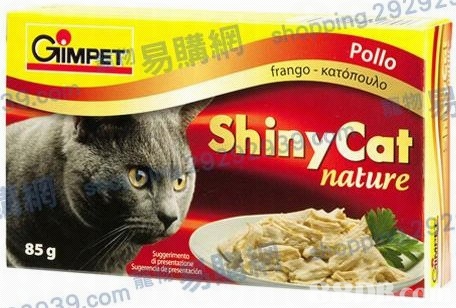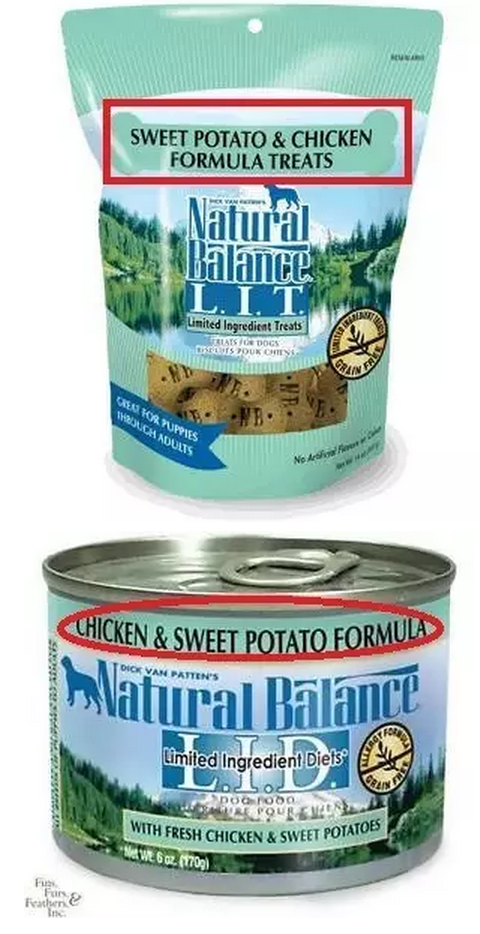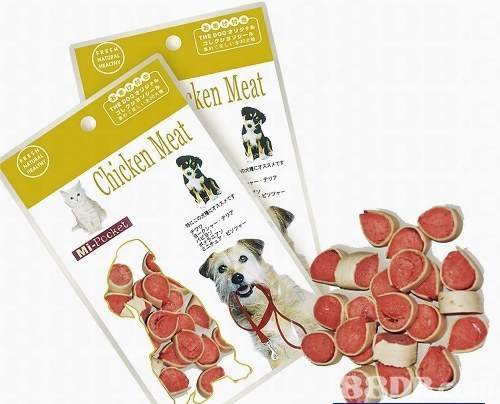Prescription Pet Food: A Comprehensive Guide to Feeding Your Furry Friends
Guide or Summary:Understanding Prescription Pet FoodTypes of Prescription Pet FoodSelecting the Right Prescription Pet FoodIn the realm of pet care, providi……
Guide or Summary:
- Understanding Prescription Pet Food
- Types of Prescription Pet Food
- Selecting the Right Prescription Pet Food
In the realm of pet care, providing the right nutrition is paramount. However, for pets with specific health conditions, a regular commercial pet food may not suffice. This is where prescription pet food comes into play—a tailored nutritional solution designed to address the unique dietary needs of our furry companions. In this comprehensive guide, we delve into the intricacies of prescription pet food, highlighting its benefits, types, and how to choose the right one for your beloved pet.
Understanding Prescription Pet Food
Prescription pet food is not just another type of pet food; it's a specialized diet formulated by veterinarians to meet the specific dietary requirements of pets with health issues. These health conditions can range from allergies and digestive disorders to kidney disease and diabetes. By incorporating prescription pet food into your pet's diet, you're not only supporting their overall health but also aiding in the management of their condition.
Types of Prescription Pet Food
The world of prescription pet food is vast and diverse, catering to a wide array of health conditions. Here's a breakdown of some common types:
- Allergy and Digestive Support - For pets with food sensitivities or gastrointestinal issues, hypoallergenic and easily digestible formulas are essential. These diets often contain limited ingredients to minimize allergens and reduce inflammation.

- Kidney and Liver Support - Pets with kidney or liver diseases require diets that are low in phosphorus, sodium, and other potentially harmful substances. These specialized formulas help manage fluid retention and reduce the workload on these vital organs.
- Weight Management - Obesity is a growing concern in pets, and prescription diets designed for weight management can help. These diets typically contain lower calorie densities and are formulated to help pets lose weight safely and effectively.
- Diabetes Management - For pets with diabetes, maintaining stable blood sugar levels is crucial. Prescription diets that are low in carbohydrates and high in fiber can help manage blood sugar levels and support overall health.
Selecting the Right Prescription Pet Food
Choosing the right prescription pet food involves a few key steps:

1. **Consult with Your Veterinarian** - Before making any changes to your pet's diet, it's essential to consult with your veterinarian. They can provide personalized recommendations based on your pet's specific health needs and dietary preferences.
2. **Read the Labels** - Prescription pet food labels can be complex, so it's crucial to read them carefully. Look for ingredients that are beneficial for your pet's condition, such as specific amino acids or vitamins, and avoid fillers or by-products.
3. **Consider Your Pet's Preferences** - While prescription pet food is designed to meet specific health needs, it's still important to consider your pet's palate. Some pets may be picky eaters, so finding a formula that they enjoy can make a significant difference in their overall health and well-being.
4. **Quality and Reputation** - When selecting a prescription pet food, it's important to choose a reputable brand with a proven track record of quality and safety. Look for brands that have undergone rigorous testing and have a history of producing high-quality pet food.

Prescription pet food is a vital component of pet care, especially for those with specific health conditions. By understanding the different types of prescription pet food and following these guidelines for selection, you can ensure that your furry friend is receiving the optimal nutrition for their health and well-being. Remember, always consult with your veterinarian before making any significant changes to your pet's diet, and choose high-quality, reputable brands to ensure the best possible outcome for your beloved companion.